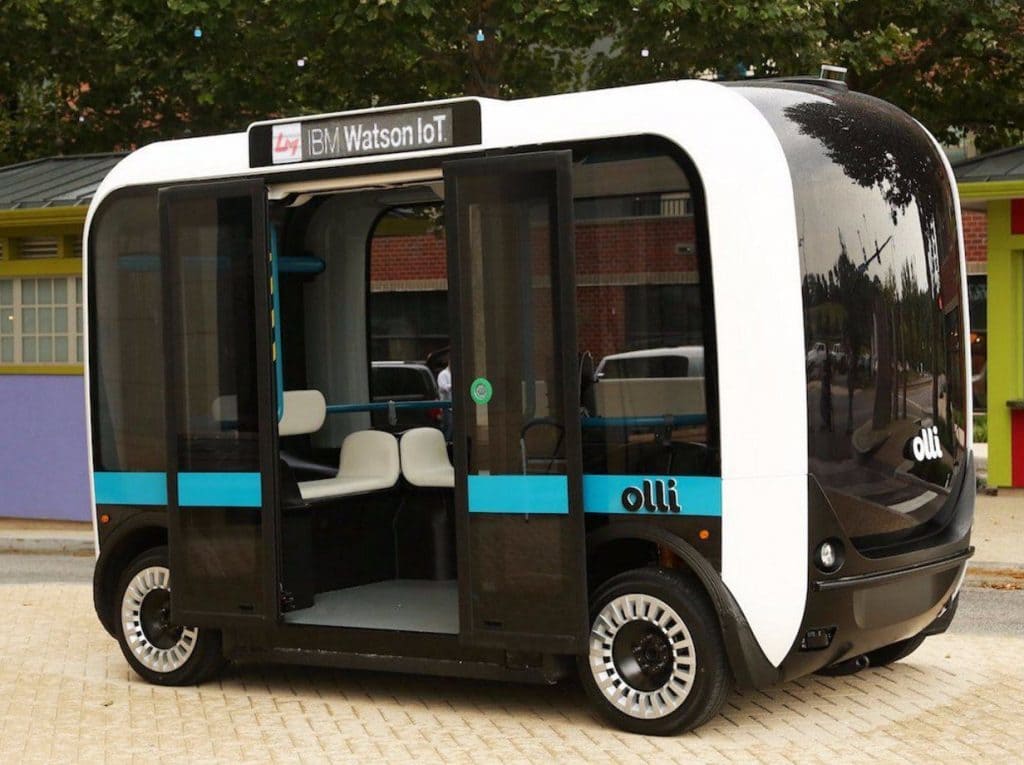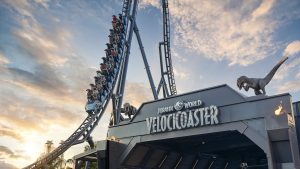Move over, gondolas – there just may be a new transit game in (Disney) town.
As driverless technology continues to slowly expand across the country, it appears as if Disney is seriously considering implementing automated vehicles at its Walt Disney World Resort later this year. According to the LA Times, the first step would be to initiate a limited trial run – driverless buses that would only carry employees to work – which would probably kick off in the fourth quarter; if successful, the company would want to expand the shuttles’ deployment in 2018 to include guests and, presumably, the entire resort.
https://www.youtube.com/watch?v=RmFGNArVolg
Given the scope and complexity of Disney World’s transportation system – it ranks up there with major metropolitan areas’ public transit systems, such as Chicago’s – this would immediately make the roll-out the biggest yet for “electric-drive robot vehicles.” At the same time, however, the move wouldn’t stray too far from the premise behind all the pervious, more-limited pilot programs; public testing so far has been conducted at both college and business campuses in various locations around the world, areas that have well-defined boundaries, meticulously-mapped roadways, and rather predictable traffic flows. Disney’s themed empire in Orlando fits all these requirements, although it would scale the size up to some 13,000 acres.

The Times reports that The Walt Disney Company is currently in “late-stage negotiation[s]” with two different driverless vehicle manufacturers: Local Motors, which is headquartered in Phoenix, and Navya, based in Paris. Both companies’ shuttles hew to the nascent-industry standard – room for roughly a dozen passengers, top speeds of 25 mph, and technological packages that include cameras, radar, and laser sensors – and the contract could go to one or both of them.
Beyond the economic and ecological benefits this would bring to the resort, there is the possibility of seeing this spread to all the other Central Florida operators. Universal, in particular, would most likely follow suit – although bus traffic from the on-site hotels to CityWalk is minimal (save for Cabana Bay Beach Resort, that is, which relies exclusively on shuttles to transport guests to the theme parks), the arrival of Volcano Bay next month will see a huge increase in resort-wide transportation needs.
Given Florida’s regulation-friendly climate to the driverless-car industry and its huge influx of tourists, it’s very likely that Orlando’s market will be well penetrated by the tech in the short term. And in the mid-term, the state could well be the leader in clean, cheap transit options, including the compelling hyperloop.
In this way, one could say that theme parks are the wave of the future.
–
Be sure to follow Orlando Informer on Facebook, Twitter, and Instagram for the latest news, tips, and rumors at Universal Orlando, Walt Disney World, and other Orlando attractions.


I could imagine driverless transport/peoplemover hybrid. The tracks are laid throughout the grounds, the passengers select their destination from a touchscreen menu, and the vehicle goes off, with central command controlling all vehicles around the grounds.